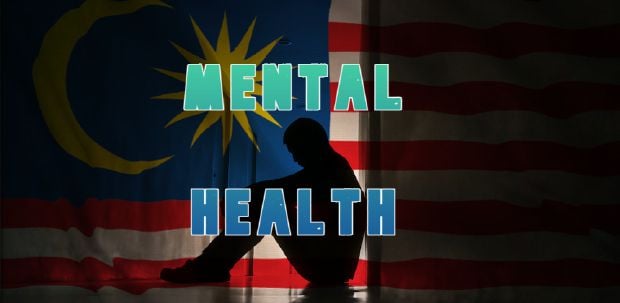LETTERS: Up to December 2017, the Health Ministry said 29.2 per cent of adults aged 16 and above had experienced mental health problems.
The National Health and Morbidity Study in 2019 revealed that nearly half a million of the population had depression.
However, only 20 per cent of Malaysians with a mental disorder seek professional care. Social stigma remains a stumbling block. Achieving a healthy and resilient society depends on addressing two issues.
FIRSTLY, we should boost the availability, accessibility and affordability of mental health care services; and,
SECONDLY, we should raise awareness that mental health is a human right.
People are not only entitled to mental health treatment but should also view it as a normal and necessary aspect of healthcare.
By empowering people to embrace mental healthcare, we enable them to exercise their human rights and strengthen their wellbeing.
To initiate this change, schools play a pivotal role. Traditionally, visiting school counsellors was associated with punitive measures for students with behavioural issues or seeking career information.
To break this stereotype, schools must reposition counselling services as a resource for growth and self-improvement.
Students can be encouraged to view it as a step to boost their wellbeing. Students should be taught that seeking help for mental health concerns is as normal as seeking medical help for physical ailments. Schools should also establish a routine for students to engage in counselling sessions.
These sessions can include discussions on stress management, coping strategies and personal development.
Implementing peer support programmes can also normalise and ensure a safe space for conversations about mental health.
Educators and school staff should receive training on recognising signs of mental distress in students and how to provide support or referrals.
Parents should be encouraged to engage in discussions about their child's mental health and wellbeing.
Finally, sharing stories of those who have benefited from counselling can inspire students and demonstrate that seeking help is a sign of strength, not weakness.
RAJALAKSHMI GANESAN
Programme director
Bachelor of Psychology programme
Faculty of Social Sciences and Leisure Management
Taylor's University
The views expressed in this article are the author's own and do not necessarily reflect those of the New Straits Times





